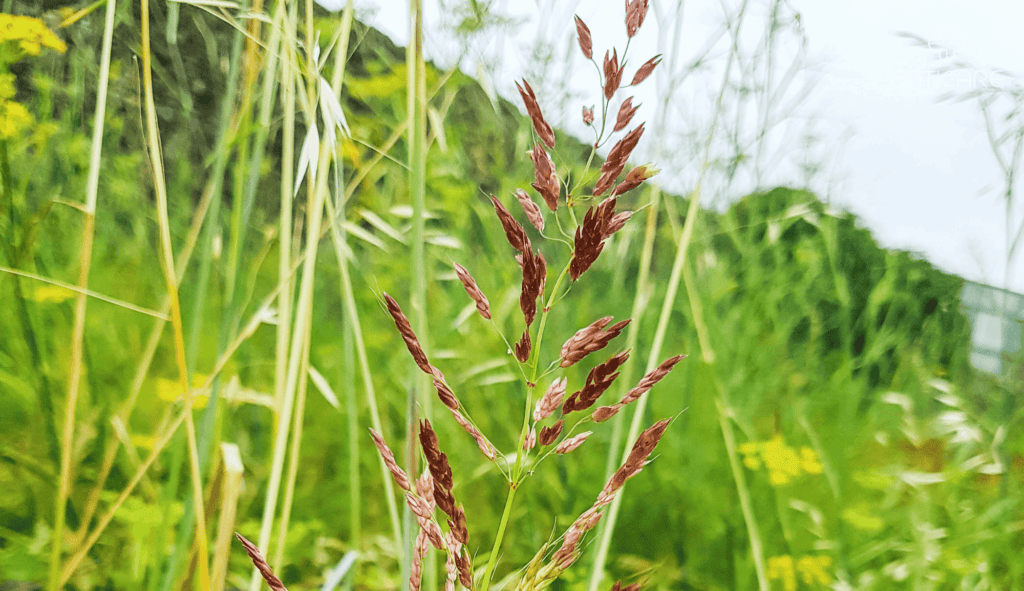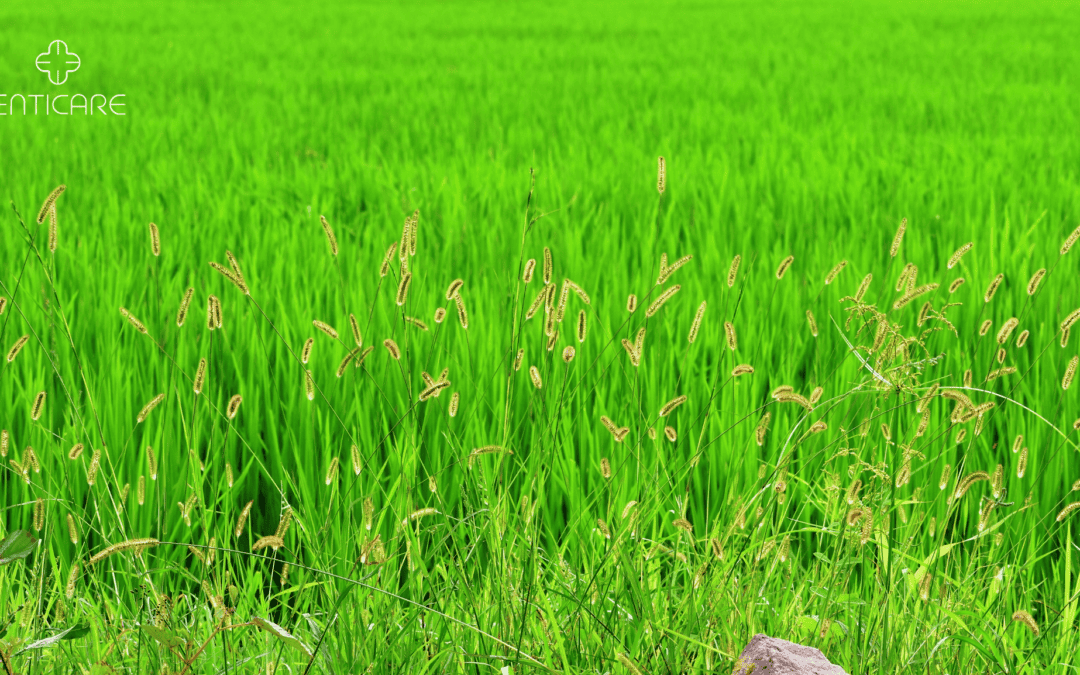Summer is a time for barbecues, pool parties, and enjoying the great outdoors. But for some, the warm weather brings on a wave of allergy symptoms, turning their dream summer into a sniffling nightmare. If your allergies worsen around tall, coarse grasses, you might be suffering from Johnson grass allergy. This blog dives deep into this lesser-known allergy, providing you with the knowledge to identify the culprit, manage your symptoms, and reclaim your summer fun.

Johnson Grass: A Fast-Growing Invader with a Sneaky Side
Johnson grass (Sorghum halepense) is a fast-growing, perennial grass native to warm climates in Europe, Asia, and Africa. Unfortunately, it was accidentally introduced to North America in the 19th century and has become a troublesome weed due to its aggressive growth patterns. While it might not be the most desirable addition to a lawn, its pollen released during summer can trigger allergies in unsuspecting individuals.
Peak Pollen Season: When to Be Extra Cautious
Johnson grass releases pollen from June to September, with peak season typically occurring in July and August. If you experience allergy symptoms during this time, especially in areas with overgrown fields or neglected lawns, it’s wise to consider Johnson grass as a potential culprit.
Recognizing the Enemy: Signs and Symptoms of Johnson Grass Allergy
If you suspect a Johnson grass allergy, watch out for these common symptoms:
- Itchy, watery eyes
- Runny or stuffy nose
- Frequent sneezing
- Coughing
- Scratchy throat
In severe cases, wheezing or difficulty breathing (especially if you have asthma)
These symptoms usually appear within minutes of exposure to Johnson grass pollen and can linger for several hours.
The Culprit Behind the Chaos: Causes of Johnson Grass Allergy
Similar to other allergies, a Johnson grass allergy arises from an overreaction of your immune system. When you inhale Johnson grass pollen, your body mistakenly identifies it as a threat, triggering the release of histamines. Histamines are chemicals that cause allergy symptoms like inflammation, itching, and mucus production.
Keeping Allergy Symptoms at Bay: Prevention Tips
While complete avoidance might be challenging, here are some ways to minimize your exposure to Johnson grass pollen:
Stay informed: Check pollen forecasts and plan outdoor activities for low pollen count days (usually mornings after a rain shower).
Know your surroundings: If possible, avoid spending extended periods in areas with overgrown fields or neglected lawns where Johnson grass might be present.
Delegate yard work: If you have Johnson grass growing on your property, delegate tasks like mowing and weed control to minimize your exposure.
Keep windows closed: Especially during peak pollen season, keep your windows shut and rely on air conditioning with HEPA filters to clean indoor air.
Change clothes and shower: After spending time outdoors, change your clothes and wash your hair to remove lingering pollen.
Maintain a clean environment: Regularly vacuum your home and dust surfaces to remove trapped pollen.
Who’s More Susceptible? Risk Factors for Johnson Grass Allergy
Certain factors can increase your risk of developing a Johnson grass allergy:
Family history of allergies: If allergies are common in your family, you’re more likely to develop allergies yourself.
Hay fever: People with hay fever (allergic rhinitis) are more prone to developing allergies to other airborne allergens, including Johnson grass pollen.
Asthma: If you have asthma, exposure to Johnson grass pollen can worsen your symptoms.
Battling the Sniffles: Treatment Options for Johnson Grass Allergy
Several treatment options can help manage your Johnson grass allergy:
Over-the-counter medications: Antihistamines like loratadine (Claritin) or cetirizine (Zyrtec) can help alleviate allergy symptoms like sneezing, runny nose, and itchy eyes.
Nasal corticosteroids: Steroid nasal sprays like fluticasone (Flonase) can reduce inflammation in the nasal passages, providing relief from congestion and a runny nose.
Allergy shots (immunotherapy): This long-term treatment involves getting regular injections of small amounts of Johnson grass pollen over time. It helps desensitize your immune system to the pollen, gradually reducing your allergy symptoms.
Now armed with insights into Johnson Grass allergies, take proactive steps to navigate your daily life with confidence. With awareness as your guide, transform your relationship with outdoor spaces, fostering a harmonious coexistence with the environment. Uncover personalized treatment plans with Enticare, dedicated to meeting your unique needs. Dial 480-214-9000 and take the first step toward wellness.

